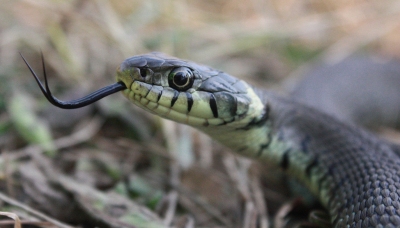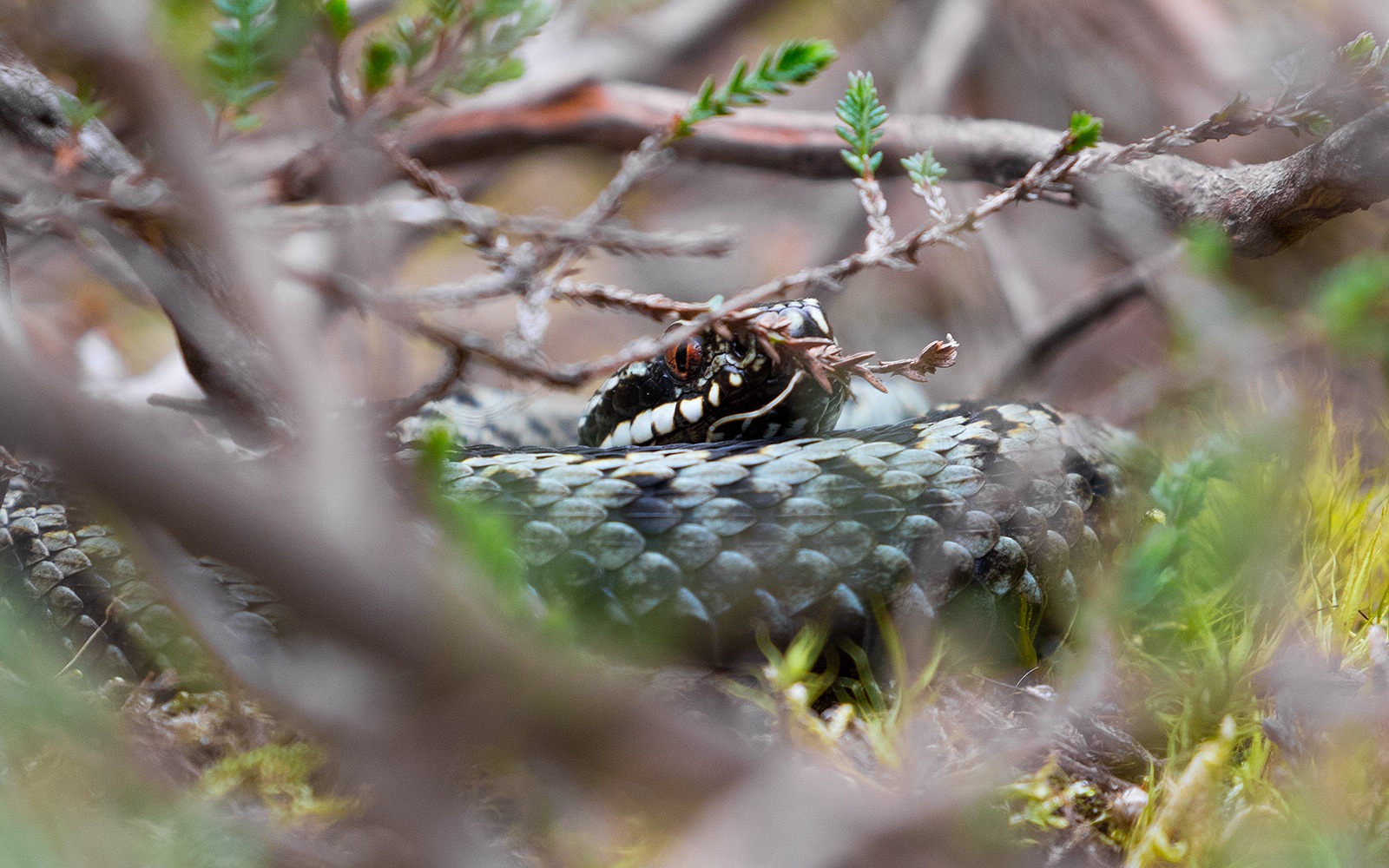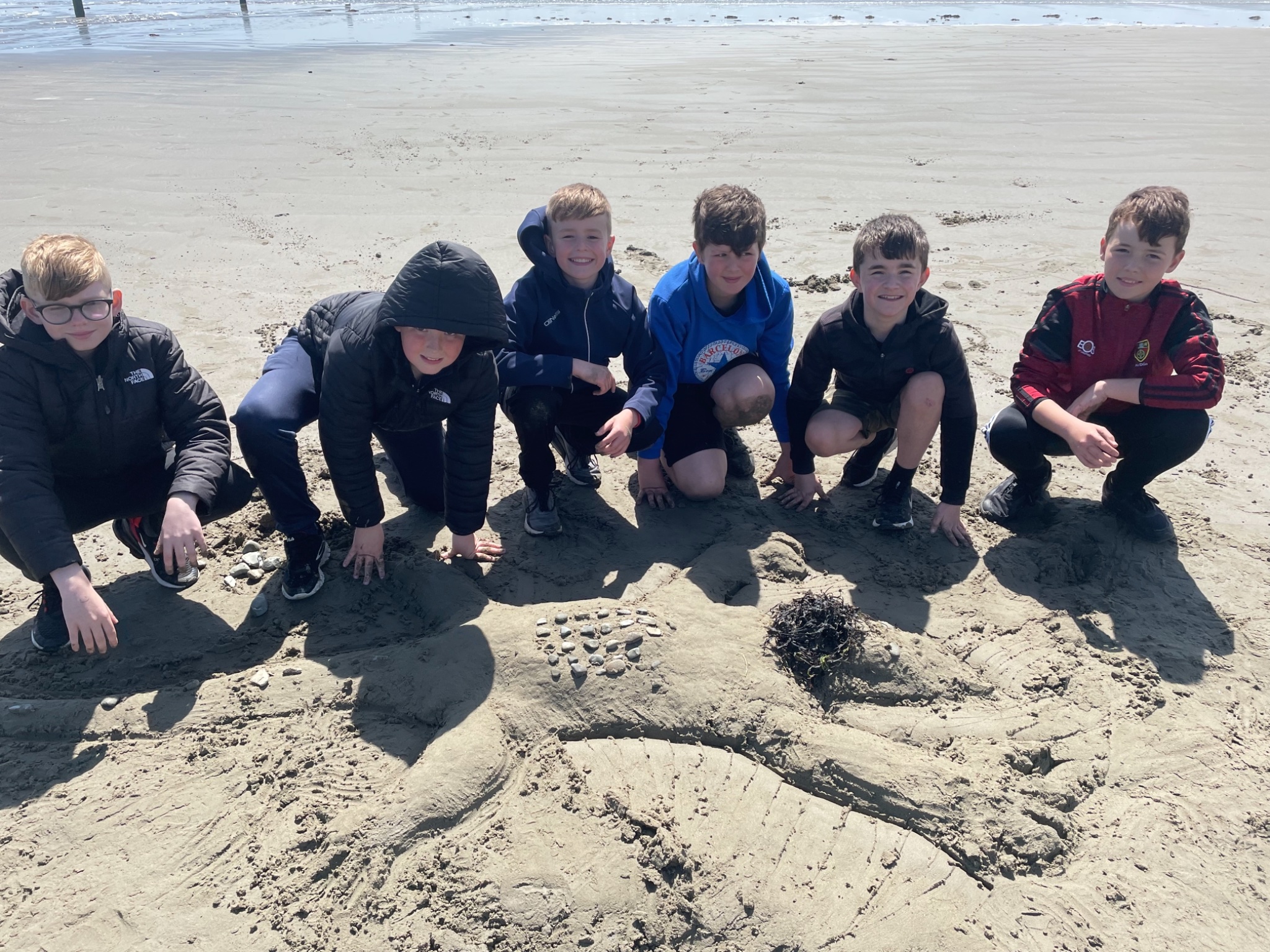- Nearly 6,000 amphibians from 121 ponds were sampled.
- Amphibians tested positive for chytrid at 19 (16%) of sites across the UK.
- There was an association between introduced non-native amphibians and chytrid.
- Chytrid was detected in all native amphibians except great crested newt*.
It is not yet know what impact, if any, chytrid is likely to have on UK wildlife. It is likely that other sites, will also harbour the infection. Biosecurity precautions should be followed during the 2010 field season.
Since the 2008 screening survey, Freya Smith has started a PhD studentship at the Institute of Zoology and Imperial College London, to further investigate the emergence of chytrid in the UK. Freya will be responsible for coordinating UK chytrid surveillance over the next few years. She has already been conducting a questionnaire survey of swabbers, which will contribute to a more in depth analysis of the 2008 screening survey. These further results of will be made available shortly.
In 2011 Freya plans to re-survey all the sites originally tested in 2008. If you took part in the 2008 survey, it would be really helpful if you could re-sample your site(s) in 2011. If you have recommendations for additional sites to consider for inclusion in the 2011 survey, then please contact Freya at the Institute of Zoology - This email address is being protected from spambots. You need JavaScript enabled to view it..
Find out more about chytrid and chytridiomycosis: Amphibian Ark


